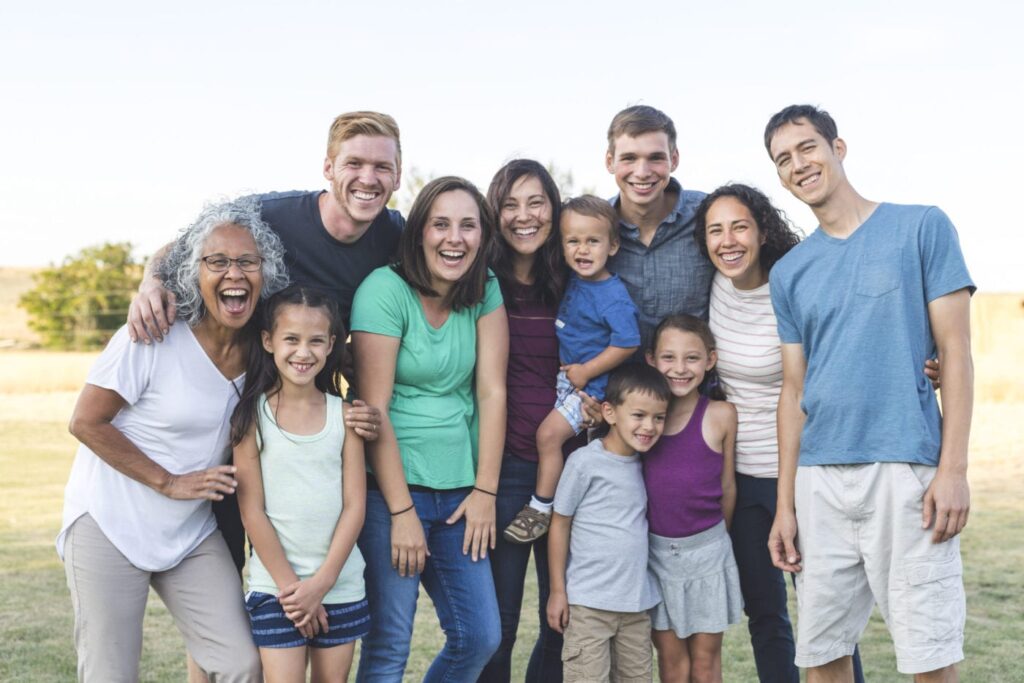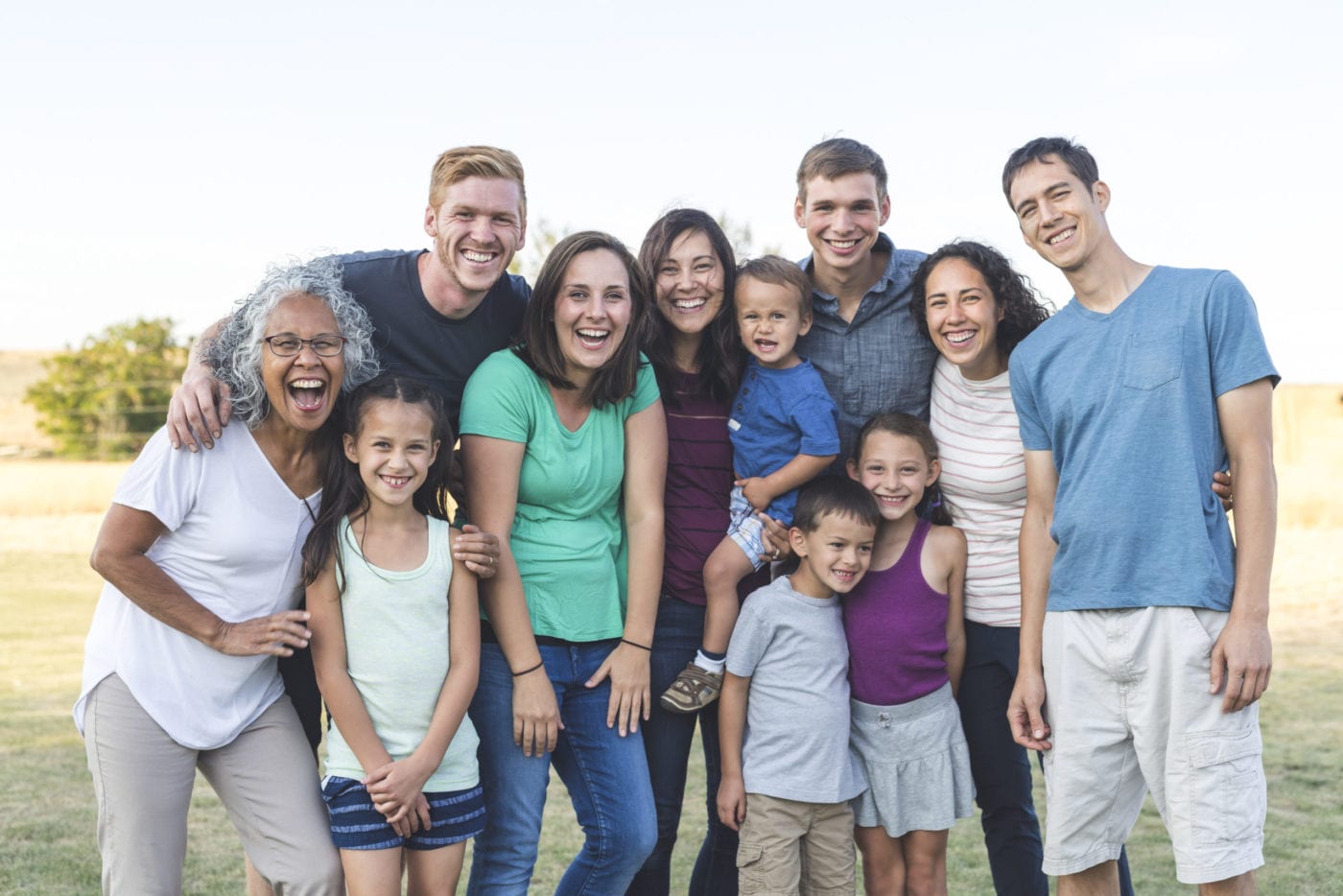
Understanding the Adult Child: Navigating the Complexities of Childhood Trauma
The term “adult child” often evokes images of someone struggling with the lingering effects of a difficult or dysfunctional childhood. While the phrase might seem simplistic, it encapsulates a complex reality for millions of individuals. It doesn’t necessarily mean someone who is still financially dependent on their parents; rather, it refers to adults who carry emotional wounds and behavioral patterns stemming from their upbringing. Understanding the nuances of what it means to be an adult child is crucial for self-awareness, healing, and building healthier relationships.
Defining the Adult Child: More Than Just a Label
An adult child is someone who grew up in a family system marked by dysfunction. This dysfunction can manifest in various forms, including:
- Addiction: Substance abuse within the family.
- Mental Illness: Untreated or poorly managed mental health conditions.
- Abuse: Physical, emotional, or sexual abuse.
- Neglect: Emotional or physical neglect of the child’s needs.
- Control: Overly controlling or authoritarian parenting styles.
- Enmeshment: Lack of healthy boundaries and individual identity.
These experiences often lead to the adult child developing coping mechanisms that, while helpful in childhood, become maladaptive in adulthood. These mechanisms can affect their relationships, self-esteem, and overall well-being.
Common Characteristics of Adult Children
While every individual’s experience is unique, certain characteristics frequently appear in adult children. These include:
- Difficulty with Intimacy: Trouble forming and maintaining close relationships due to fear of vulnerability or abandonment.
- Low Self-Esteem: A persistent sense of inadequacy and self-doubt.
- People-Pleasing Tendencies: A need to constantly seek approval from others, often at the expense of their own needs.
- Perfectionism: Setting unrealistically high standards for themselves and others.
- Difficulty with Boundaries: Trouble setting and maintaining healthy boundaries in relationships.
- Control Issues: A need to control situations and people, often stemming from a fear of chaos or unpredictability.
- Emotional Reactivity: Experiencing intense emotional reactions that seem disproportionate to the situation.
- Difficulty Trusting Others: A deep-seated distrust of others, often based on past experiences of betrayal or disappointment.
- Feeling Different or Isolated: A sense of not belonging or being fundamentally different from others.
These characteristics are not diagnostic criteria, but rather common patterns observed in individuals who identify as adult children. It’s essential to remember that not all adult children will exhibit all of these traits.
The Impact of Childhood Trauma on the Adult Child
The dysfunctional dynamics of childhood can have a profound and lasting impact on the adult child. Trauma, in particular, can significantly shape their emotional, psychological, and even physical well-being. Childhood trauma can lead to:
- Post-Traumatic Stress Disorder (PTSD): Characterized by flashbacks, nightmares, anxiety, and avoidance behaviors.
- Complex PTSD (C-PTSD): A more pervasive form of PTSD that results from prolonged or repeated trauma, often involving a caregiver.
- Attachment Issues: Difficulty forming secure attachments due to inconsistent or abusive caregiving.
- Dissociation: Feeling detached from one’s body, emotions, or reality as a coping mechanism.
- Increased Risk of Mental Health Issues: Higher rates of depression, anxiety, eating disorders, and substance abuse.
Understanding the potential impact of childhood trauma is crucial for adult children seeking healing and recovery. Recognizing the connection between past experiences and present-day struggles can be a powerful catalyst for change.
Breaking the Cycle: Healing and Recovery for the Adult Child
While the effects of a dysfunctional childhood can be significant, healing and recovery are possible. The journey may be challenging, but it is ultimately rewarding. Here are some strategies that can help adult children break free from the patterns of the past:
Therapy
Therapy is often the most effective way for adult children to address their underlying issues. A therapist can provide a safe and supportive space to explore past traumas, develop healthy coping mechanisms, and build self-esteem. Therapies such as:
- Cognitive Behavioral Therapy (CBT): Helps identify and change negative thought patterns and behaviors.
- Eye Movement Desensitization and Reprocessing (EMDR): A therapy specifically designed to process traumatic memories.
- Internal Family Systems (IFS): A therapy that focuses on understanding and integrating different parts of the self.
- Attachment-Based Therapy: Addresses attachment issues and helps build more secure relationships.
Finding a therapist who is experienced in working with adult children and trauma is essential.
Support Groups
Support groups provide a sense of community and validation for adult children. Sharing experiences with others who understand can be incredibly healing. Adult Children of Alcoholics (ACA) is a well-known support group, but there are also groups for adult children from other types of dysfunctional families.
Self-Care
Prioritizing self-care is crucial for adult children, who often neglect their own needs. Self-care can include activities such as:
- Exercise: Physical activity can help reduce stress and improve mood.
- Mindfulness and Meditation: Practices that help calm the mind and increase self-awareness.
- Creative Expression: Engaging in activities such as painting, writing, or music.
- Spending Time in Nature: Connecting with the natural world can be grounding and restorative.
- Setting Boundaries: Learning to say no and protect one’s time and energy.
Education and Self-Help
Reading books and articles about adult children, trauma, and codependency can provide valuable insights and tools for healing. There are many excellent resources available online and in libraries. [See also: Books for Adult Children of Alcoholics].
Setting Healthy Boundaries
Learning to set and maintain healthy boundaries is essential for adult children. This involves identifying one’s needs and limits and communicating them assertively to others. It also means being willing to enforce those boundaries, even if it means disappointing someone else.
Forgiveness (of Self and Others)
Forgiveness is a complex and often misunderstood process. It doesn’t mean condoning harmful behavior, but rather releasing the resentment and anger that can keep adult children stuck in the past. Forgiveness is ultimately for oneself, as it frees one from the burden of carrying around past hurts. This includes self-forgiveness. Adult children often blame themselves for things that happened in their childhood, even though they were not responsible.
The Importance of Self-Compassion
Throughout the healing process, self-compassion is paramount. Adult children often struggle with self-criticism and self-blame. Learning to treat oneself with kindness, understanding, and acceptance is essential for building self-esteem and resilience. It’s important to remember that healing is a journey, not a destination, and that setbacks are a normal part of the process. [See also: The Power of Self-Compassion].
Moving Forward: Embracing a Healthier Future
Being an adult child doesn’t have to define one’s life. With awareness, support, and a commitment to healing, adult children can break free from the patterns of the past and create a healthier, more fulfilling future. It requires courage, vulnerability, and a willingness to challenge deeply ingrained beliefs and behaviors. But the rewards – greater self-esteem, healthier relationships, and a more peaceful inner life – are well worth the effort. The journey of an adult child towards healing is a testament to the resilience of the human spirit. By understanding the complexities of their past and embracing the possibility of a brighter future, adult children can transform their lives and create a legacy of healing for generations to come.
It’s essential to remember that seeking professional help is a sign of strength, not weakness. A therapist can provide guidance and support throughout the healing process, helping adult children navigate the challenges and celebrate the victories along the way. The path to healing may not always be easy, but with perseverance and self-compassion, adult children can create a life filled with joy, meaning, and connection.
Recognizing the patterns of an adult child is the first step towards breaking free and creating a life of genuine connection and fulfillment. This understanding empowers individuals to seek appropriate support, build healthier relationships, and ultimately, rewrite their narrative.

